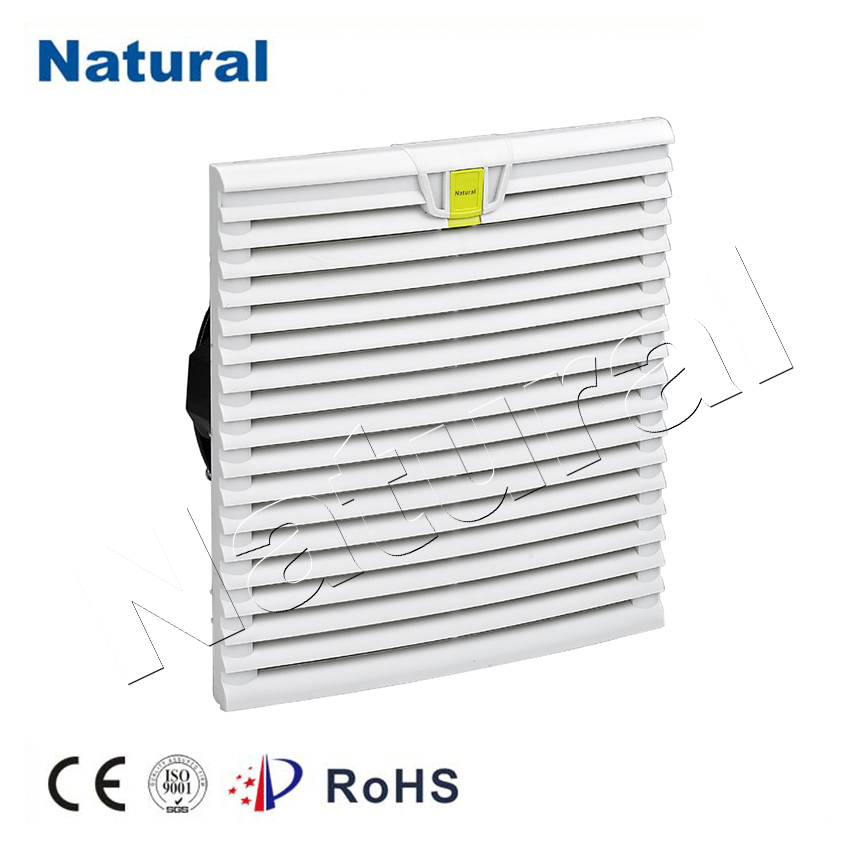In today’s fast-paced world, technology plays a pivotal role in our daily lives. From smartphones to laptops and household appliances, these devices have become indispensable. However, behind the scenes, there is a critical component that ensures the smooth operation of these devices and maintains a healthy environment – fan filters. This article explores the significance of fan filters, their applications, and how they contribute to improving air quality and extending the lifespan of essential equipment.

Understanding Fan Filters Fan filters, also known as air filters or dust filters, are simple yet crucial components that are often overlooked. They are designed to keep dust, debris, and other particulate matter from entering electronic equipment. These filters are commonly found in computers, servers, HVAC (heating, ventilation, and air conditioning) systems, and industrial machinery. Their primary purpose is to prevent contamination and maintain optimal operating conditions. The Importance of Fan Filters Enhancing Air Quality:One of the most significant advantages of fan filters is their ability to improve indoor air quality. In environments where electronic equipment operates continuously, such as data centers and industrial settings, dust and particulate matter can accumulate quickly. Fan filters capture these contaminants, ensuring that the air remains clean and free of harmful particles. This contributes to a healthier work environment and reduces the risk of equipment malfunction caused by dust buildup. Prolonging Equipment Lifespan:Fan filters play a vital role in extending the lifespan of electronic equipment. When dust and debris infiltrate sensitive components like CPUs, graphics cards, and power supplies, they can lead to overheating and reduced performance. Over time, this can cause irreparable damage and lead to costly replacements. By using fan filters, equipment owners can significantly reduce the risk of premature failure, thereby saving both time and money. Energy Efficiency:In HVAC systems, fan filters help maintain efficiency by preventing dust and dirt from clogging the system’s coils and fins. A clean system operates more efficiently and requires less energy to maintain the desired temperature. This results in lower energy bills and reduced environmental impact. Reducing Maintenance Costs:Regular maintenance, such as cleaning or replacing components, can be expensive and time-consuming. Fan filters act as a first line of defense, reducing the need for frequent cleaning and maintenance. This not only saves money but also minimizes downtime. Types of Fan Filters There are various types of fan filters designed to suit specific applications: Mesh Filters:These are simple and cost-effective filters with a fine mesh that traps large particles. They are commonly used in computer cases and industrial machinery. HEPA Filters:High-Efficiency Particulate Air (HEPA) filters are highly effective at capturing tiny particles, making them suitable for cleanrooms and medical environments. Activated Carbon Filters:These filters are used to remove odors, gases, and volatile organic compounds (VOCs) from the air. They are often found in air purifiers. Electrostatic Filters:These filters use an electrostatic charge to attract and capture particles. They are known for their high efficiency and are commonly used in HVAC systems. Conclusion Fan filters are unsung heroes in the world of technology and air quality management. They may be small and unassuming, but their impact is significant. From enhancing air quality to prolonging the lifespan of essential equipment, fan filters are essential components that deserve our attention and appreciation. Whether in our computers, HVAC systems, or industrial machinery, fan filters quietly perform their vital task of keeping our environments clean and our equipment running smoothly. So, the next time you power up your computer or enter a data center, remember to thank the fan filters silently working behind the scenes to make it all possible.